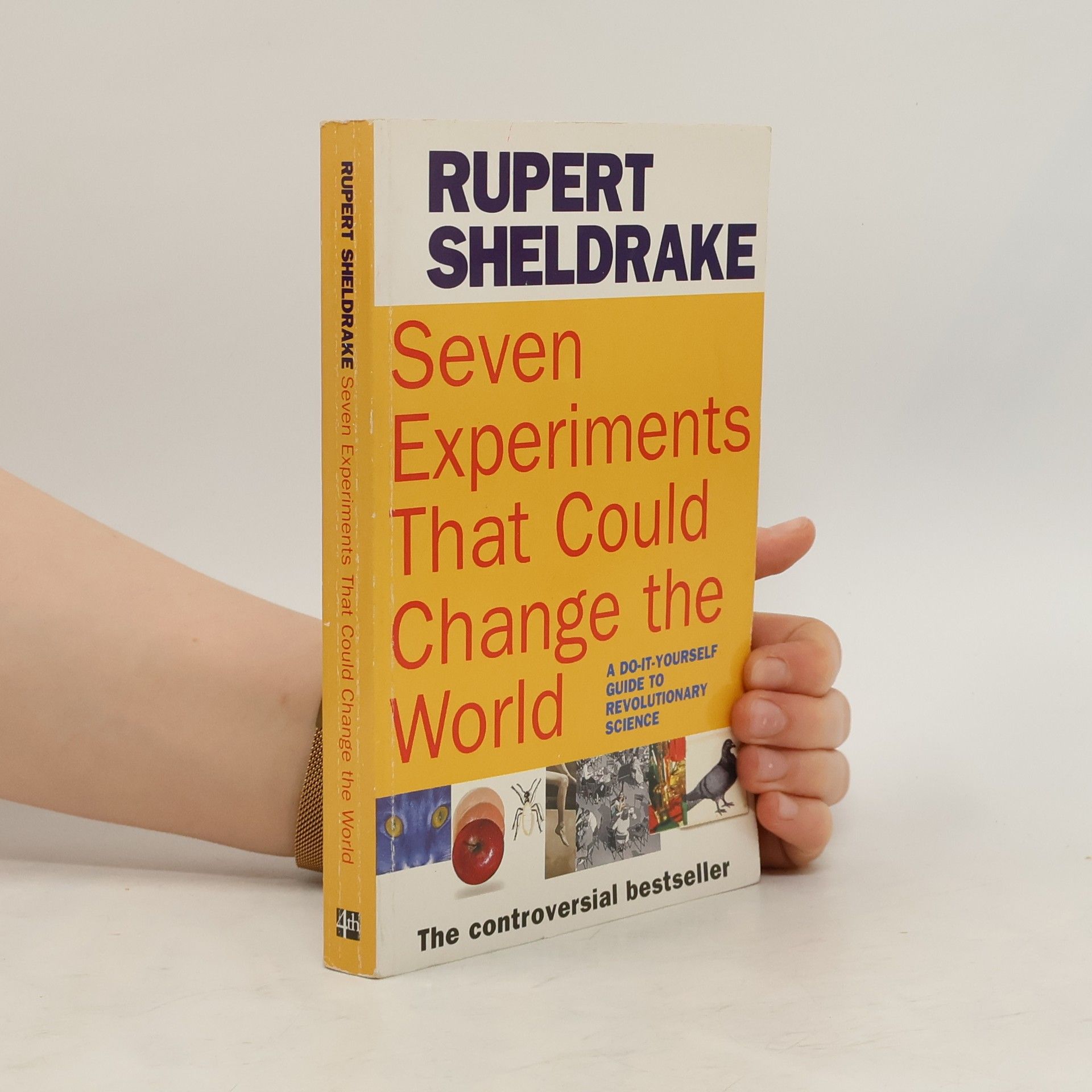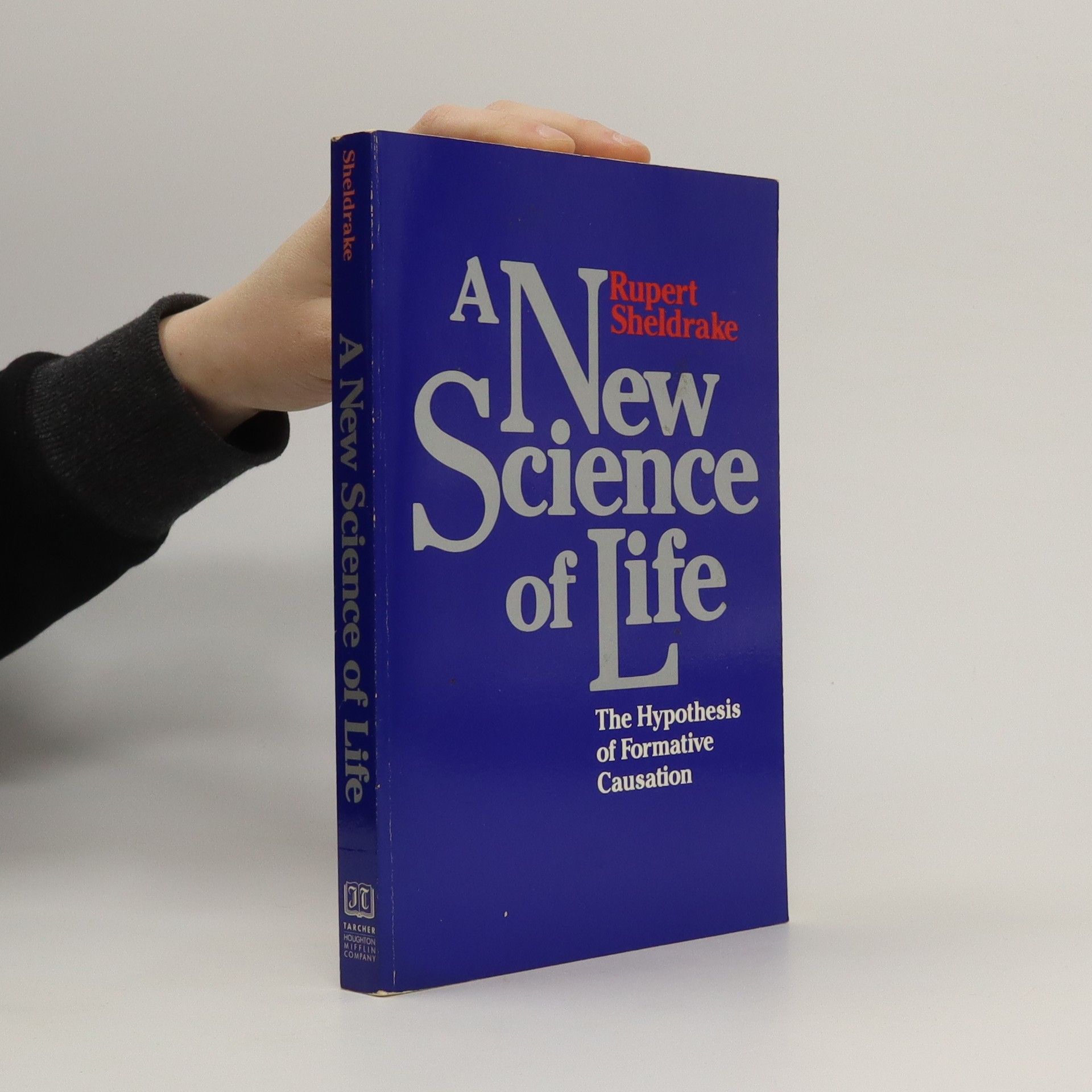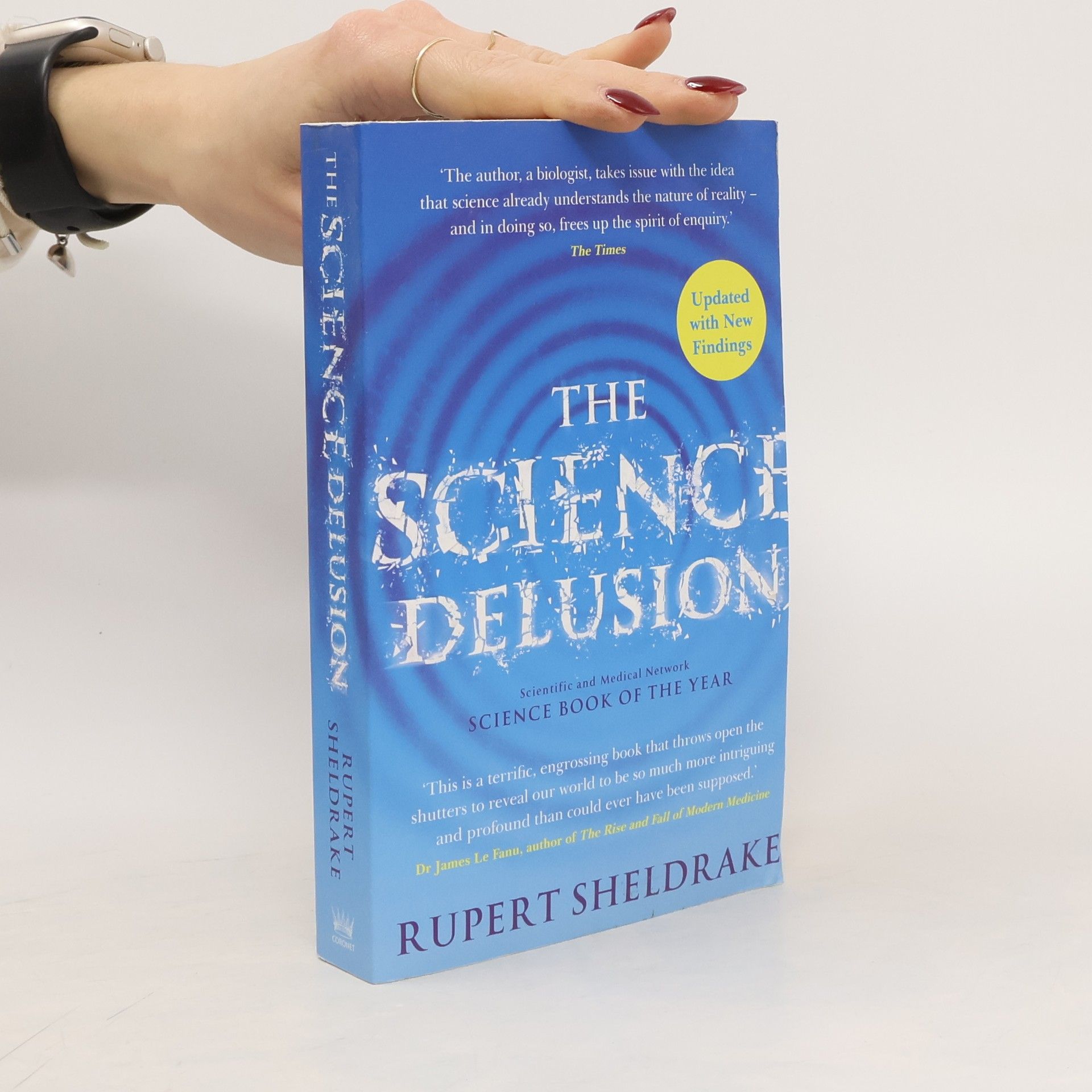Réenchanter la science - Les dogmes de la science remis en cause par un grand scientifique
Rupert Sheldrake Livres
Rupert Sheldrake est un biologiste et auteur dont les travaux explorent le développement et le comportement des plantes et des animaux, la télépathie, la perception et la métaphysique. S'inspirant du philosophe Henri Bergson, il a développé la théorie de la résonance morphique, examinant l'interconnexion des phénomènes naturels. L'écriture de Sheldrake se caractérise par une approche interdisciplinaire qui relie l'enquête scientifique à la contemplation philosophique. Les lecteurs apprécieront ses explorations profondes sur la nature de la réalité et le monde vivant.

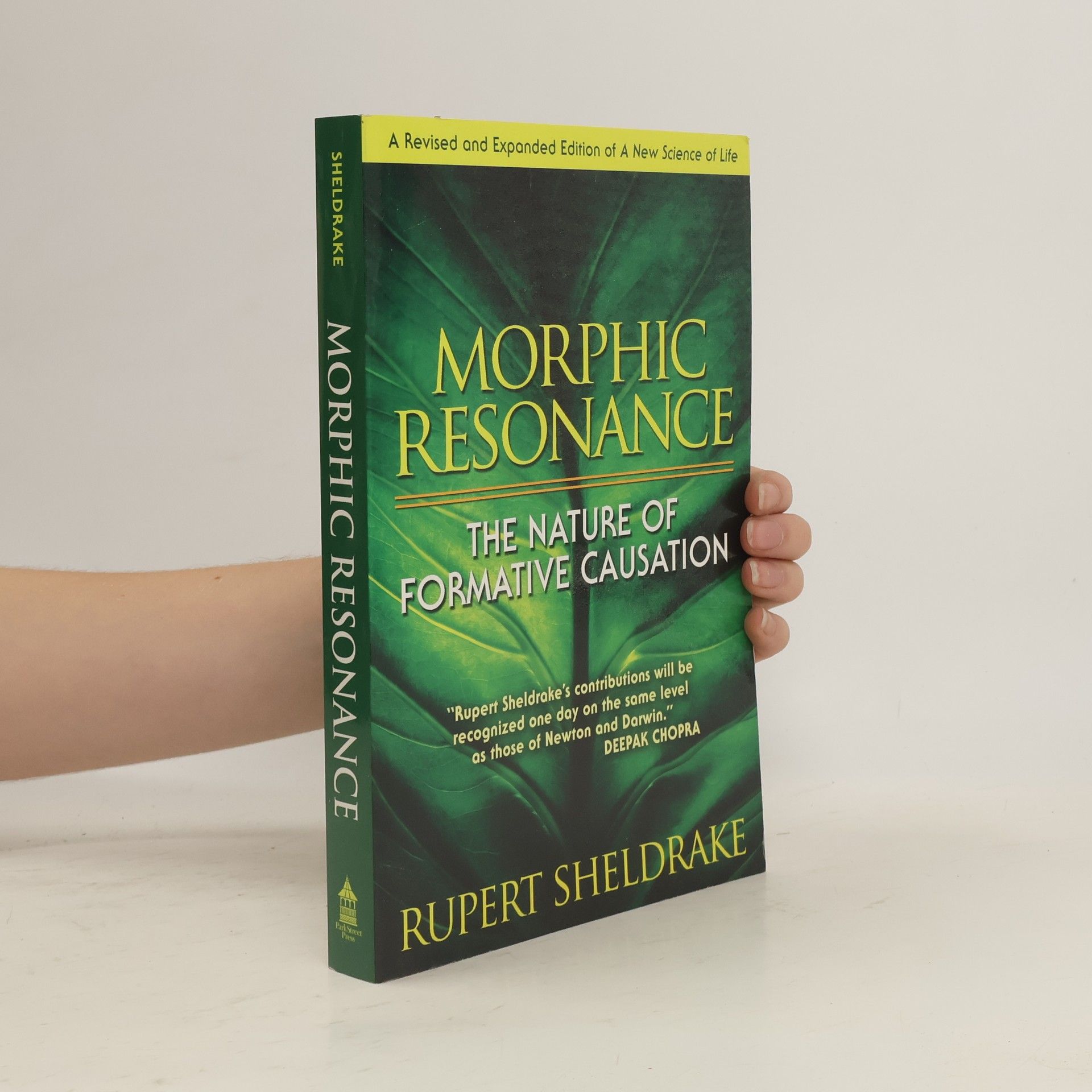

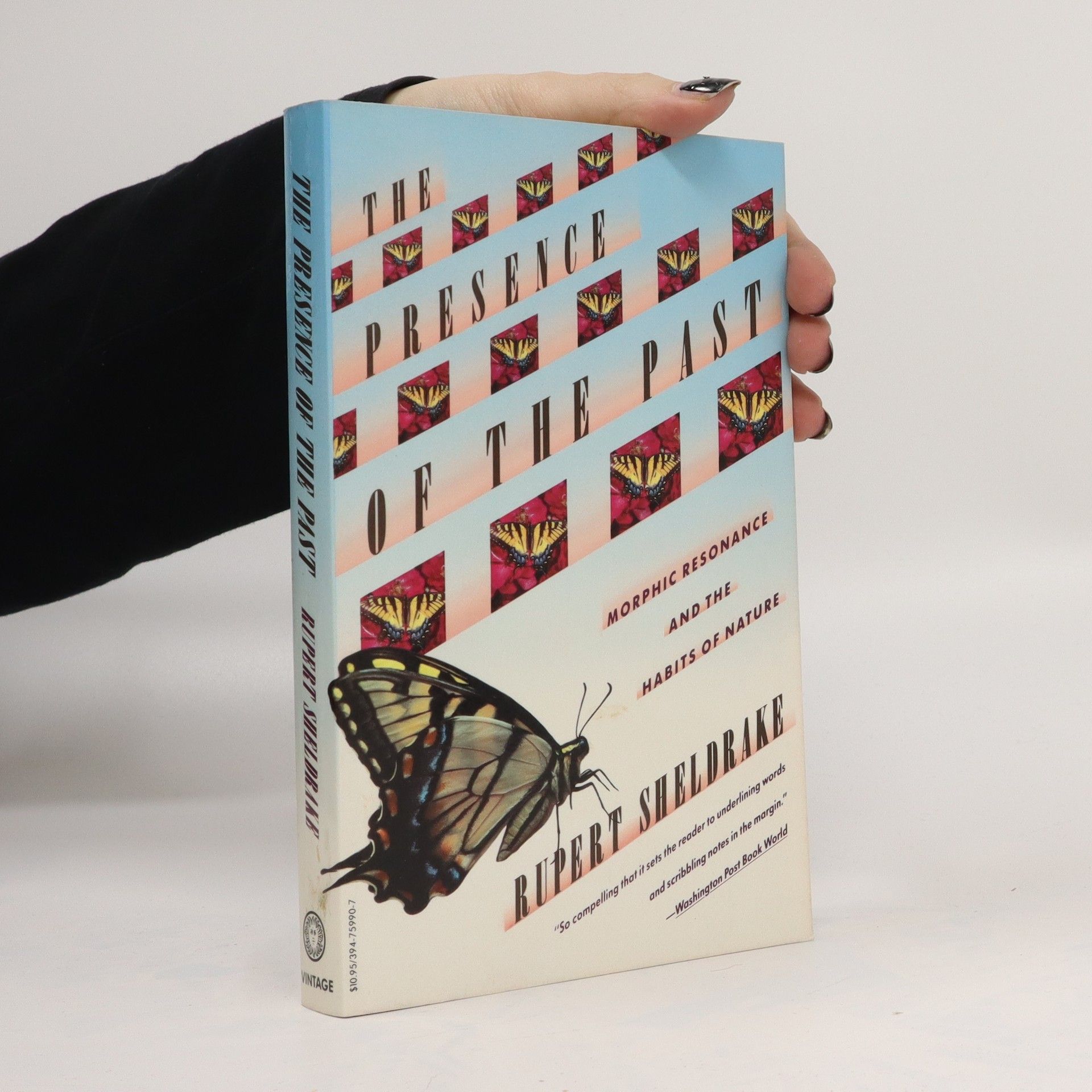
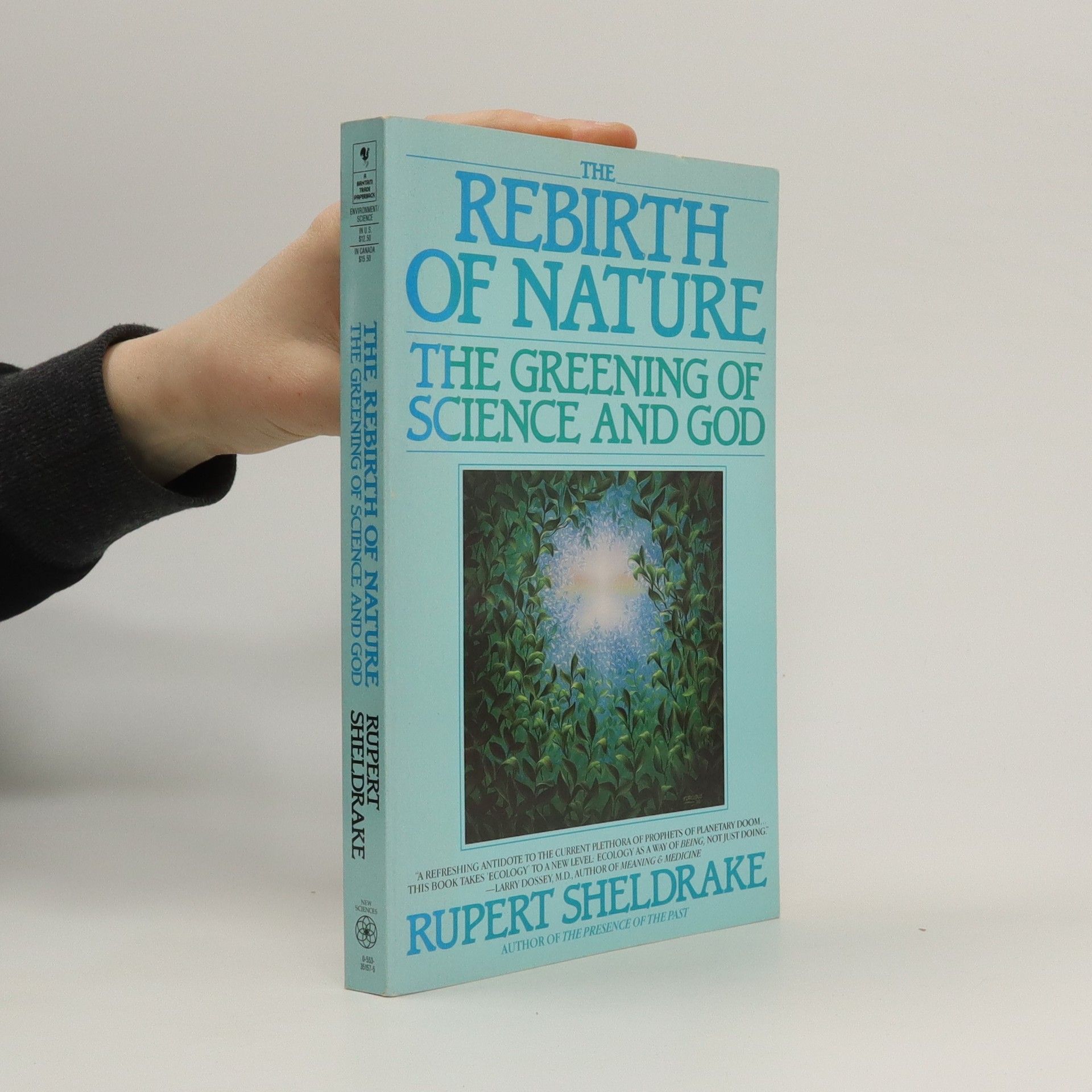
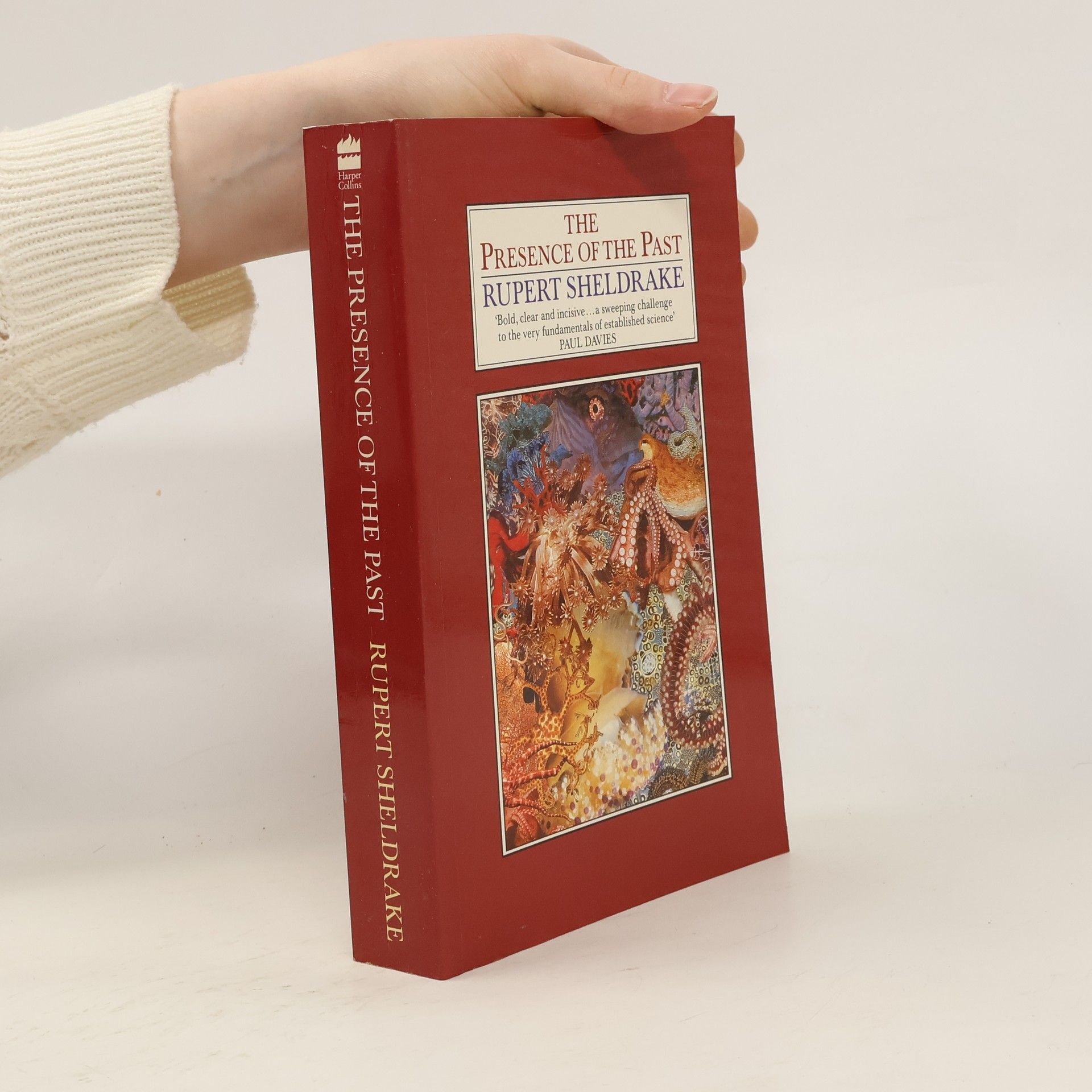
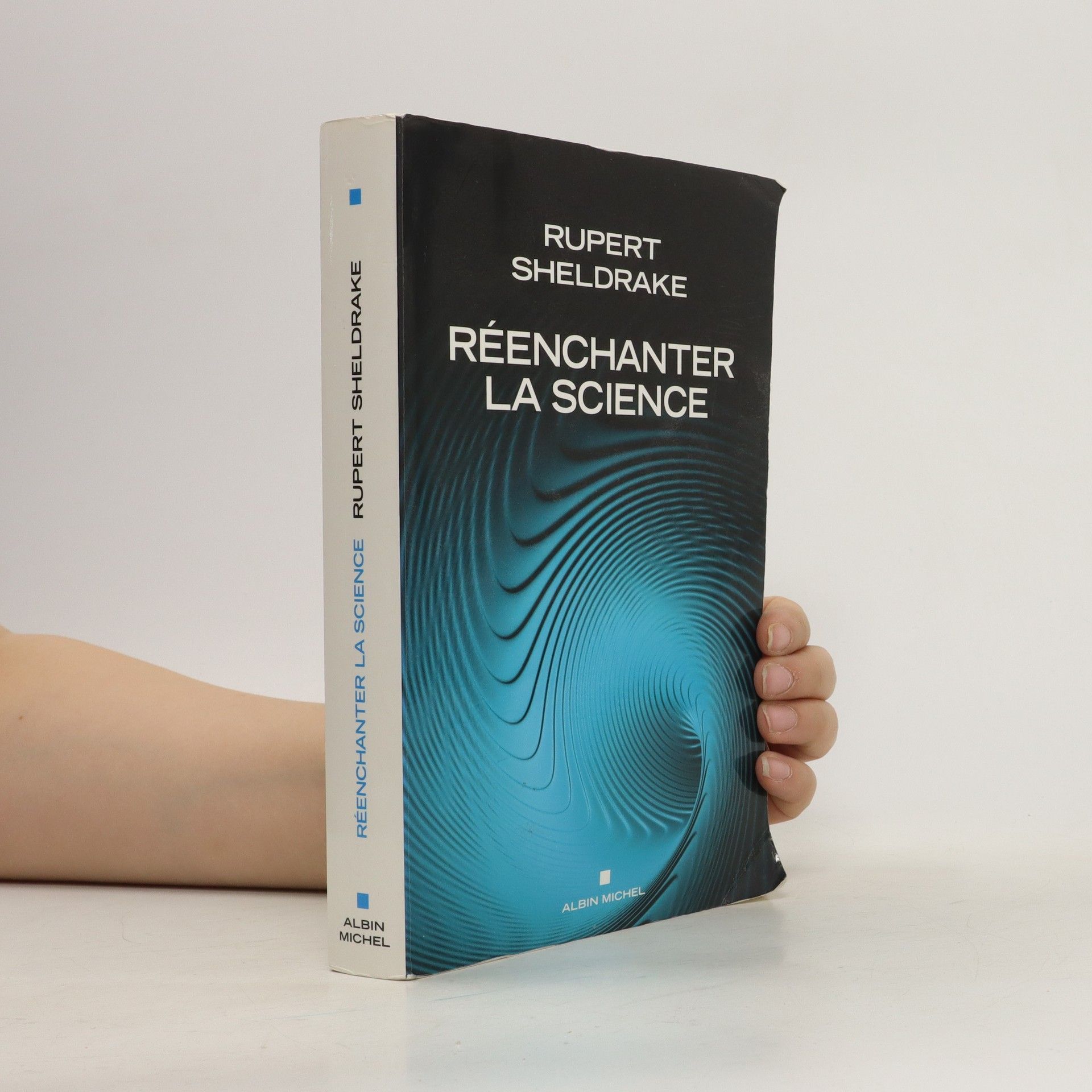
The Presence of the Past
- 391pages
- 14 heures de lecture
This book develops the revolutionary theory that behaviour and social systems are not only governed by immutable and mechanistic laws, which is the traditional viewpoint, but also by habits transmitted by nature's inherent memory. Rupert Sheldrake also wrote "A New Science of Life".
Suggests that the laws of nature may not have been fixed when the universe was born, but may themselves have grown and evolved, and challenges the established views of nature as an inanimate machine
Challenging the fundamental assumptions of modern science, this ground-breaking radical hypothesis suggests that nature itself has memory. Sheldrake's hypothesis has been featured in Science, Nature, New Scientist, USA TODAY, and Newsweek. Drawings and photos throughout.
Evolutionary Mind
- 226pages
- 8 heures de lecture
The authors' passion is to break out of paradigms that retard our evolution and to explore new possibilities. Through challenge and synergy they venture where few have gone before, leading their readers on an exciting journey of discovery. Their discussions focus on the evolution of the mind, the role of psychedelics, skepticism, the psychic powers of animals, the structure of time, the life of the heavens, the nature of God, and transformations of consciousness.
Morphic Resonance
- 318pages
- 12 heures de lecture
Morphic Resonance( The Nature of Formative Causation) <> Paperback <> RupertSheldrake <> ParkStreetPress
A comprehensive introduction to strategy within a media management context. It provides an overview of the media industry from a strategic management perspective, looking at the sectors that together comprise the industry - newspaper, book and magazine publishing, music, radio and television - and the strategic forces at work in each.
A New Science of Life
- 240pages
- 9 heures de lecture
What is the nature of life, and how are the shapes and instincts of living organisms determined? Sheldrake's hypothesis, "Formative Causation", proposes that form and function of all living things are passed to succeeding generations by "morphogenetic fields" that extend through space and time.
Chaos, Creativity and Cosmic Consciousness
- 184pages
- 7 heures de lecture
A wide-ranging investigation of the ecology of inner and outer space the role of chaos theory in the dynamics of human creation and the rediscovery of traditional wisdom. schovat popis
The Science Delusion
- 400pages
- 14 heures de lecture
The scientific counter argument to Richard Dawkin's The God Delusion
